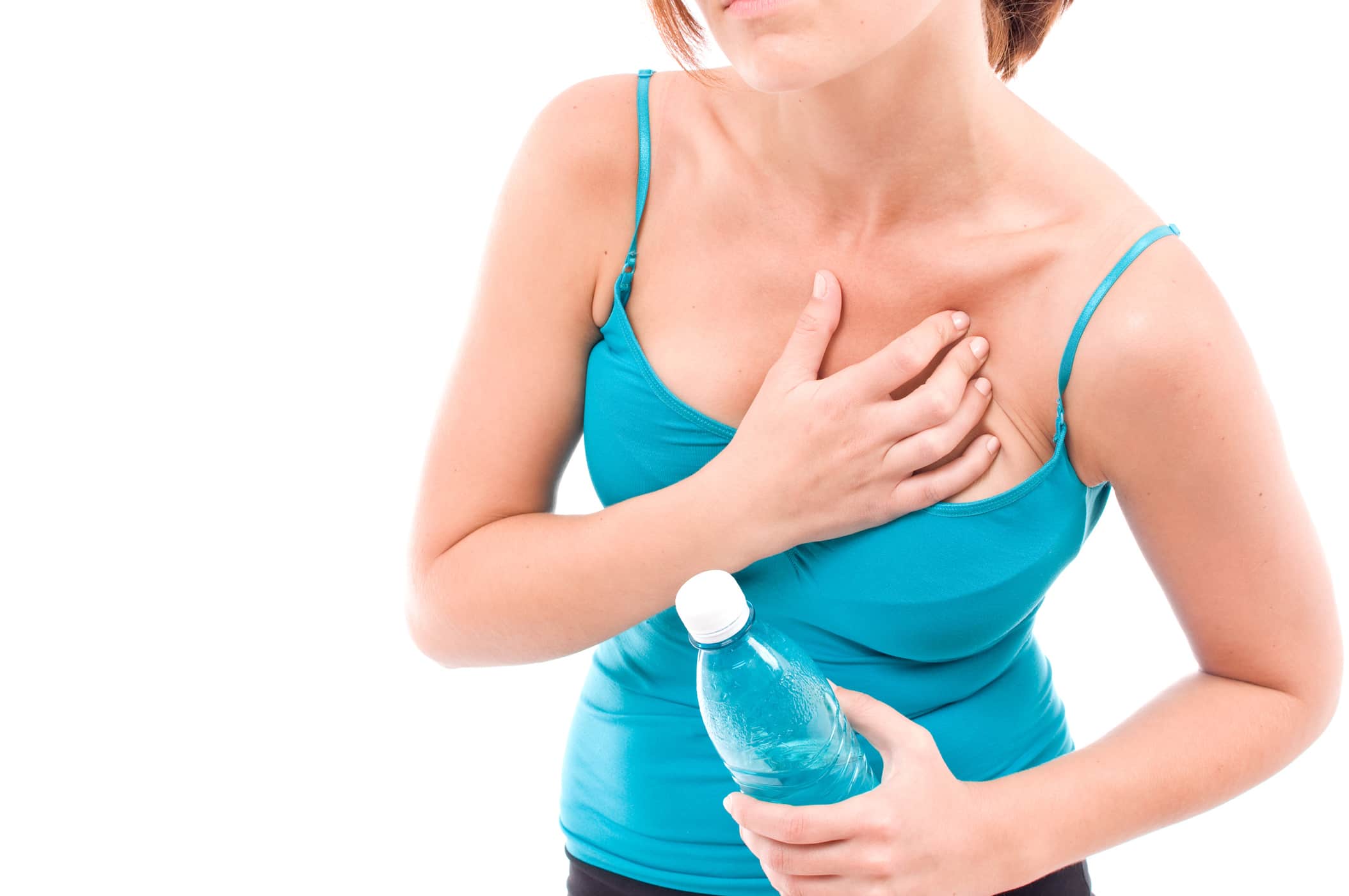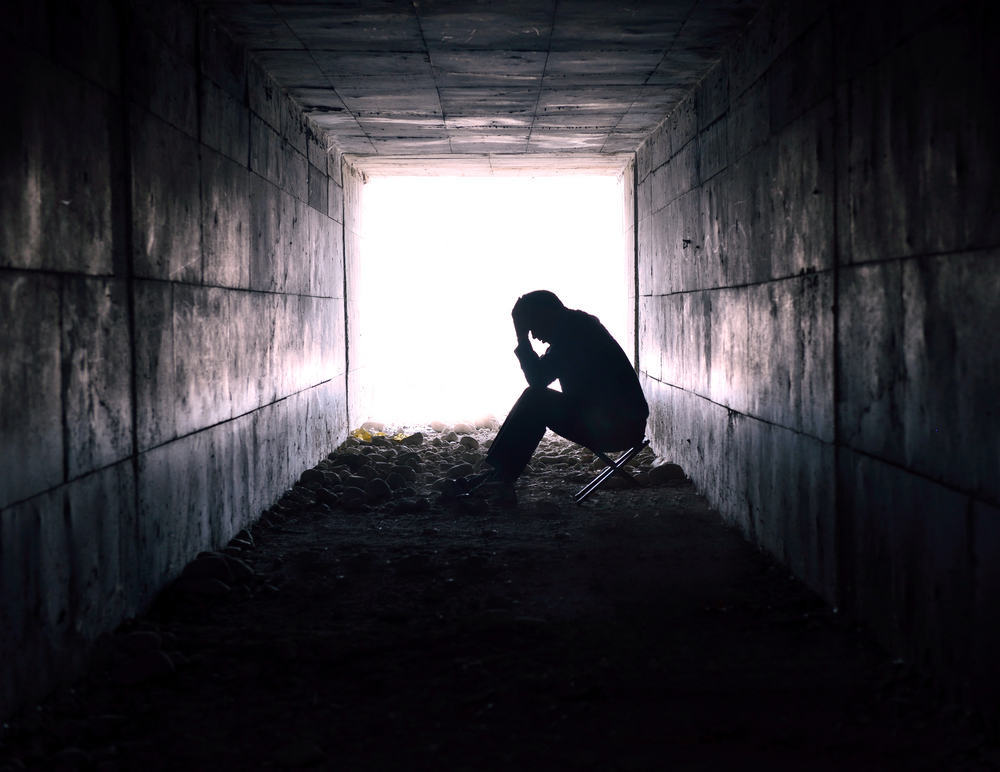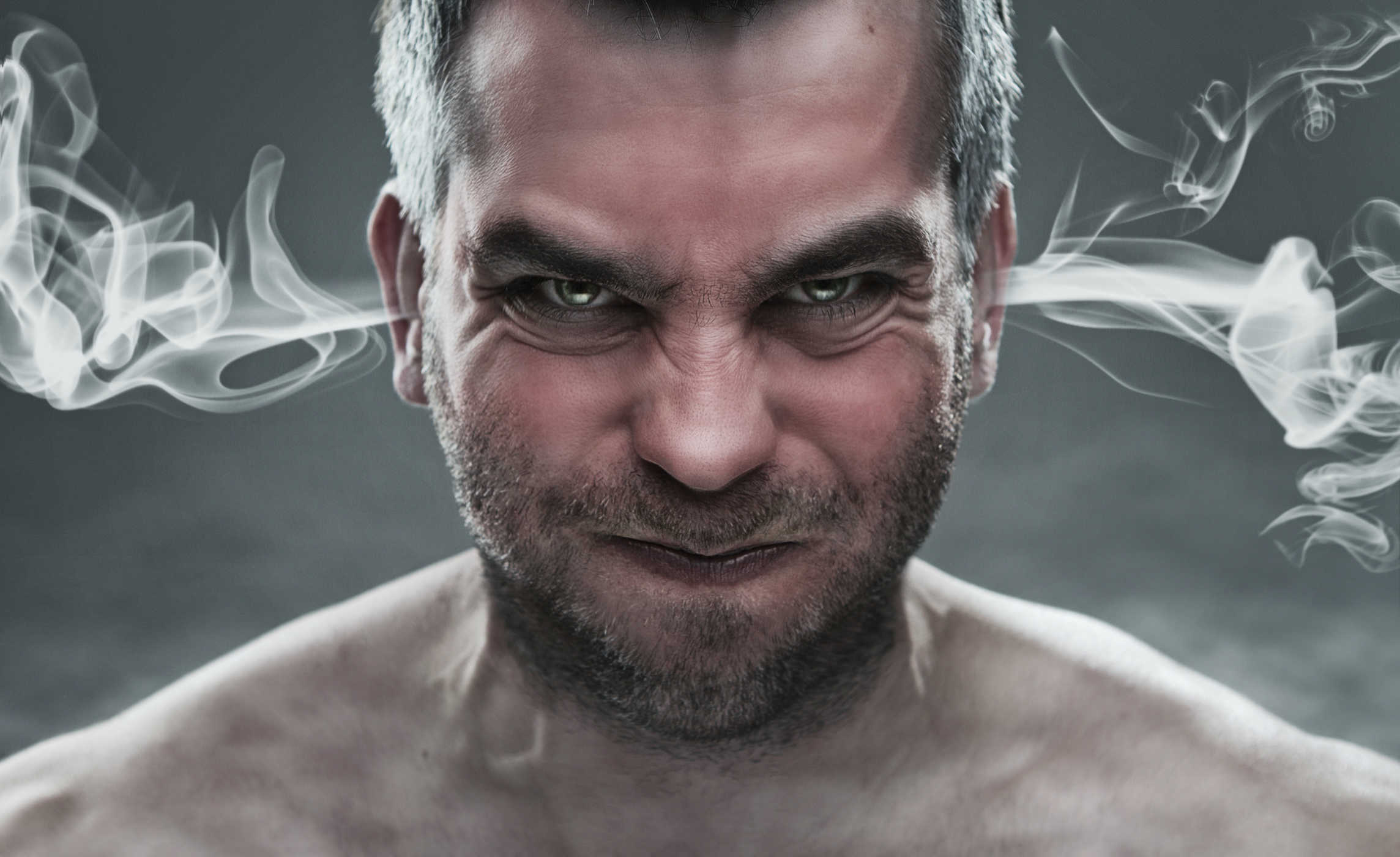Contents:
- Medical Video: Psychological Stress and Sudden Cardiac Death
- What is the difference between death due to a heart attack and a heart attack?
- What are the causes of cardiac arrest during exercise?
- Exercise is not the main trigger for heart attack
- Tips for avoiding cardiac arrest while exercising
Medical Video: Psychological Stress and Sudden Cardiac Death
Everyone knows the health benefits of exercise. However, some people who exercise regularly - even athletes even, often die suddenly during or after exercise. The incident suddenly made people wonder, is it true that exercise actually triggers sudden death? See the explanation below.
What is the difference between death due to a heart attack and a heart attack?
Heart attack is different from normal heart attack, although both can cause the heart to fail to function properly and cause death.
Heart attack or medical term is called sudden cardiac arrest (SCA) is the cessation of a sudden heartbeat caused by a disruption of electricity in the heart, thus inhibiting blood pumping activity and stopping blood circulation in the body.Generally, someone who has a heart attack during exercise due to having a history of heart disease, it's just that they are not aware of it.
Whereas a heart attack orheart attack most are caused by heart disease that lasts for a long time. This attack occurs because of a sudden blockage in the coronary arteries so that blood flow to the heart muscle becomes blocked and ultimately damages the heart muscle. People with a history of a previous heart attack will have a risk of experiencing sudden cardiac arrest.
What are the causes of cardiac arrest during exercise?
At a young age (under 35 years), the cause of sudden death when exercise is generally a result of SCA, not a heart attack. This is caused by hypertropic cardiomyopathy.
Cardiomyopathy is a genetic disease that causes abnormal thickening of the heart muscles. Whereas, the cause of sudden death at an older age is different - more than 50 years, generally because they have coronary heart disease and have had a previous heart attack. A heart attack results in some heart muscle dying and at the same time disrupts the heart's electrical flow. So do not be surprised, if later they become vulnerable to experiencing SCA.
When doing sports activities, all muscles move, including the heart muscle. When doing high-intensity exercise, someone who has a cardiomyopathy factor, the heart muscle will become thicker during exercise. This makes the heart work harder to pump oxygen and the electricity flow is disrupted.
Well, usually there are many people who are not aware of this because they did not feel any complaints. So when someone does sports, especially competitive sports with high intensity such as soccer, futsal, tennis, or running a marathon, the heart will pump hard. And sometimes, for those who are less fortunate (about 1% of the population), the heart stops suddenly and results in death.
Exercise is not the main trigger for heart attack
According to the Journal of the American College of Cardiology, as many as 52 heart attacks occurred at regular sports venues, 84 events at alternative sports venues, and as many as 713 other heart attack cases occurred in places not related to exercise.
In the Journal of the American Medical Association, shows that the risk of heart disease caused by physical activity is very low. More importantly, in the study found that the risk of a person's survival during routine physical activity reduces the risk of having a heart attack by about 45 percent compared to healthy people who rarely exercise.
So it's not the sport that causes a person to have a heart attack. Because the activity routine is proven to reduce the risk of sudden death during exercise, whether due to regular heart attacks or cardiac arrest. This is because the body is accustomed to adapting to increased body activity. Control of these risk factors is needed to reduce risk factors for cardiac arrest while exercising.
Tips for avoiding cardiac arrest while exercising
As stated above, that is why it is very important for you to do early detection by conducting a heart check. Especially if you have a family history of heart disease and often feel symptoms such as shortness of breath, chest pain, dizziness, and weakness.
If you do have risk factors for heart disease, it's good to always warm up before exercising. Start exercising with light activities first. Because this will help your heart rhythm to adjust your activities slowly.
After finishing the exercise, don't forget to slowly cool down by slowing down your speed. Don't stop suddenly. Sit directly, stand still, or lie down after exercising can make you feel dizzy or even heart palpitations.
The other important thing is to pay attention to what factors trigger a person to have a heart attack. Such as eliminating smoking, food that is not healthy, lazy to exercise, stress, lack of sleep, drink alcohol or other things. That is why it is very important to apply a healthy lifestyle in everyday life.
If you have heart disease, you don't have to exercise at all. Consult with your doctor about how heavy the intensity of exercise you can use. As long as you don't exercise beyond your heart's capacity, you can exercise safely.












